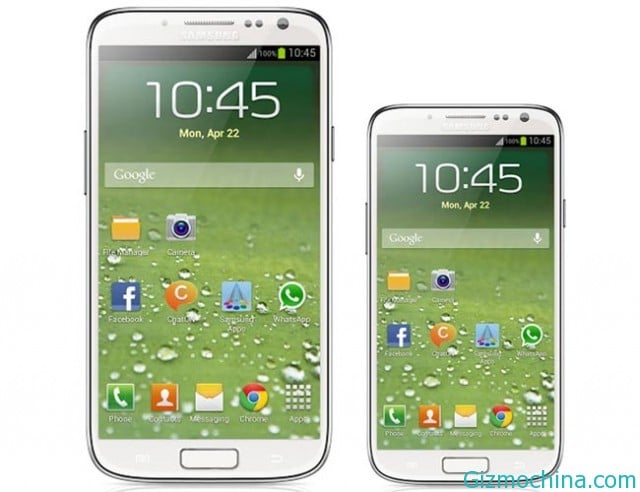As technology keeps moving forward, older devices struggle to match up with new software updates. WhatsApp, a leading messaging app globally, faces the same issue. From January 1, 2025, WhatsApp will stop supporting various older Android phones, signaling the conclusion for gadgets launched over ten years ago.
WhatsApp’s End of Support for Old Android Phones
WhatsApp has revealed the list of Android phones that will lose support come January 1, 2025. This decision mainly stems from the app’s ongoing transformation. With the recent addition of groundbreaking features like Meta AI, which allows users to inquire, create images, and craft content within the app, maintaining compatibility with older Android versions has become a significant challenge.
Devices operating on Android KitKat (4.4), introduced in 2013, will be unable to access WhatsApp. Even though the app will still be installed, users won’t be able to connect with Meta’s servers, making it impossible to use the messaging and other functions.
List of Phones Affected
Here are the phones that will be affected:
- Samsung: Galaxy S3, Galaxy Note 2, Galaxy Ace 3, Galaxy S4 Mini (2013)
- Motorola: Moto G (1st Gen), Razr HD, Moto E (2014)
- HTC: One X, One X Plus, Desire 500, Desire 601
- LG: Optimus G, Nexus 4, G2 Mini, L90
- Sony: Xperia Z, Xperia SP, Xperia T, Xperia V
The complete list includes devices that were released between 2012 and 2014, which are now deemed outdated for WhatsApp’s advanced needs.
WhatsApp consistently introduces new features to enhance user experience, but older Android versions impose restrictions that limit innovation. If WhatsApp were to continue supporting legacy devices, it would have to modify its features to fit the limitations of outdated hardware, hindering the app’s advancement.
Time to Upgrade?
For those who still depend on these older gadgets, upgrading to a newer Android phone that can run modern software and support WhatsApp’s latest capabilities is the only fix.
Since these devices have been around for over a decade, it’s likely that many users have already moved to newer models. However, for those still using these older phones, an upgrade is crucial for uninterrupted use of WhatsApp and other contemporary applications.
This decision from WhatsApp underscores the necessity of adapting to new technology to enjoy a smooth user experience. If your phone appears on the list, now is the ideal moment to think about switching to a more current Android device.
Source: Link


Leave a Reply